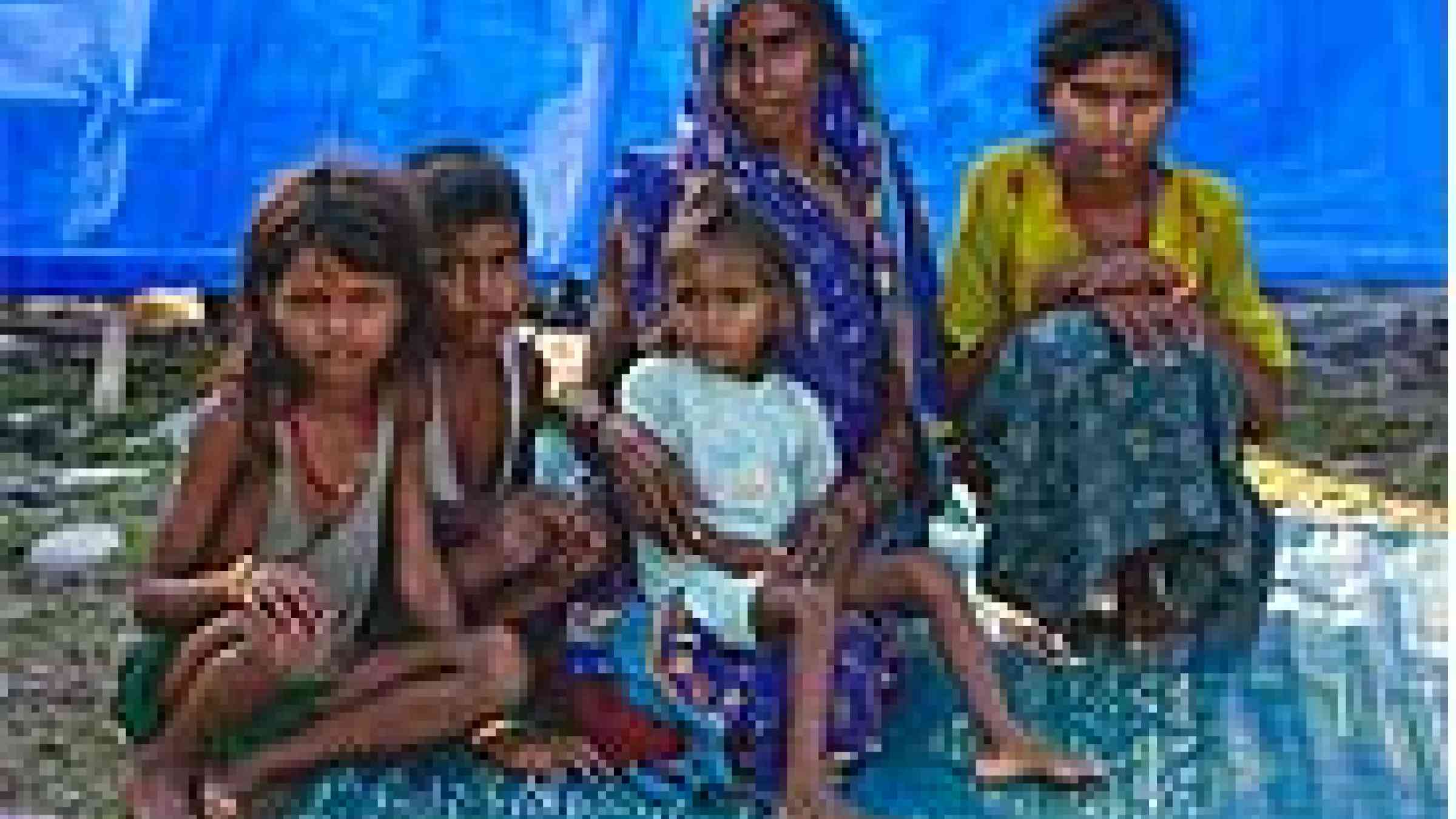IFRC Copenhagen: Protection of the most vulnerable

The International Federation of Red Cross and Red Crescent Societies (IFRC), the world’s largest humanitarian organisation, calls on heads of states to ensure that the Copenhagen agreement will protect the most vulnerable people.
In an attempt to shorten the text of the final agreement in Copenhagen, protection of the most vulnerable people has been put in jeopardy. "This is an issue of grave concern for Red Cross and Red Crescent Societies across the globe," Bekele Geleta, Secretary General of the IFRC says. "If vulnerable people are left out of the text, it will limit their protection in the legally binding agreement."
"Climate change is already happening and hitting the poorest of the poor hardest. We have a global responsibility to protect, support, and empower them. That must be a key objective of the Copenhagen agreement."
With clear scientific data showing that climate-related disasters are on the rise, already affecting hundreds of millions of individuals, urgent action will be needed to prepare for the increased frequency and magnitude of these disasters.
Red Cross and Red Crescent Societies across the globe have begun to address this by scaling up disaster response and preparedness initiatives, but it will not be enough. "We are sure that the number of people affected by disasters will continue to grow over the coming years," Mr. Geleta says. "This will overwhelm global and national disaster response systems if the agreement under negotiation does not explicitly protect the most vulnerable people and provide the necessary resources to do so. That is the reality." Mr. Geleta says.
As the negotiations continue in Copenhagen, the issue of financing to assist vulnerable people in adapting to the consequences of climate change has become increasingly challenging. Many donors are calling for a re-allocation of existing resources rather than providing new funds. This jeopardises current humanitarian response. "If funds are moved away from areas of urgent need, such as food security, we are only exacerbating the problem," Mr. Geleta says. "New funds are necessary to address this global threat to human security."
It is clear to the IFRC what is at stake during these negotiations and is in Copenhagen closely monitoring the negotiations, but the organisation will remain focused on solutions regardless of the outcome. "We must highlight the challenges as they require the world’s attention, but we cannot speak only of the challenges ahead, we also must look at what is working and what can be done to continue success," Mr. Geleta says.
For further information, or to set up interviews, please contact:
In Copenhagen: Zach Abraham, IFRC, zach.abraham@ifrc.org, tel. +41 79 308 9804